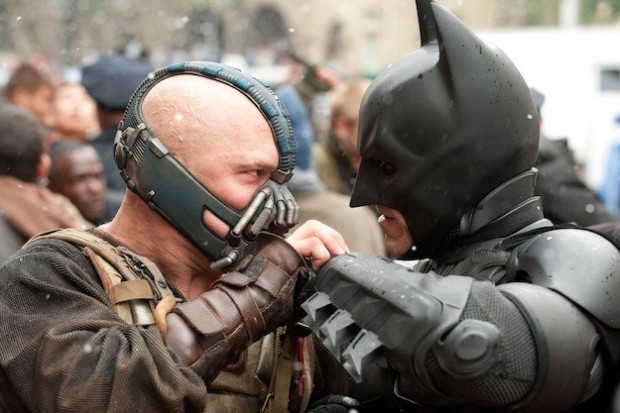Pain & Glory review
Pain & Glory; it’s there in the title. Almodovar’s highly personal, semi-autobiographical latest is a study in human frailty, a tribute to the cinema that informed Almodovar in his youth, and a tour de force from the once-and-future Desparado Antonio Banderas. Banderas plays Salvadore Mallo, a director of some renown (and thinly veiled allegory for Almodovar) whose career has been halted by a series of chronic illnesses, amusingly outlined in a Saul Bass-esque animated sequence early on. Mallo has attracted some attention due to an imminent re-release of one of his early films, causing him to reach out to that film’s estranged lead actor after 30 years. We follow Mallo over the course of the next few days, watching him go about his business like a Jim Jarmusch character but with better choice in interior design. Heroin will be smoked. Art discussed. And like most of Almodovar’s work there’s a throbbing sexuality never far from the surface, even if Mallo’s bad back might make it difficult.
Banderas is electric here, petulant, bitter, but always sympathetic. It’s a physical performance; watch how he contorts his body when getting in and out of taxis, and the panic of his frequent choking fits. But Banderas never gives in to Oscar-baiting melodrama (perhaps the reason why he missed out earlier this year). Mallo himself says later on, ‘The best actor isn’t the one who cries but the one who fights to hold back his tears’. It’s easily his best performance since Puss in Boots.
Old Almodovar hands Penelope Cruz and Juleta Serrano appear in supporting roles, but this is Banderas’ vehicle. Asier Etxeandia, playing the washed-up actor that Mallo reconnects with, holds his own in his two-handers with Banderas, with one memorable scene seeing the pair off them smoking heroin while taking part in a teleconference Q&A session. It’s funny, turns into sudden anger, before leaving you with Mallo’s anguish; a brief flash of glory that is subsumed by pain.



Comments
Post a Comment